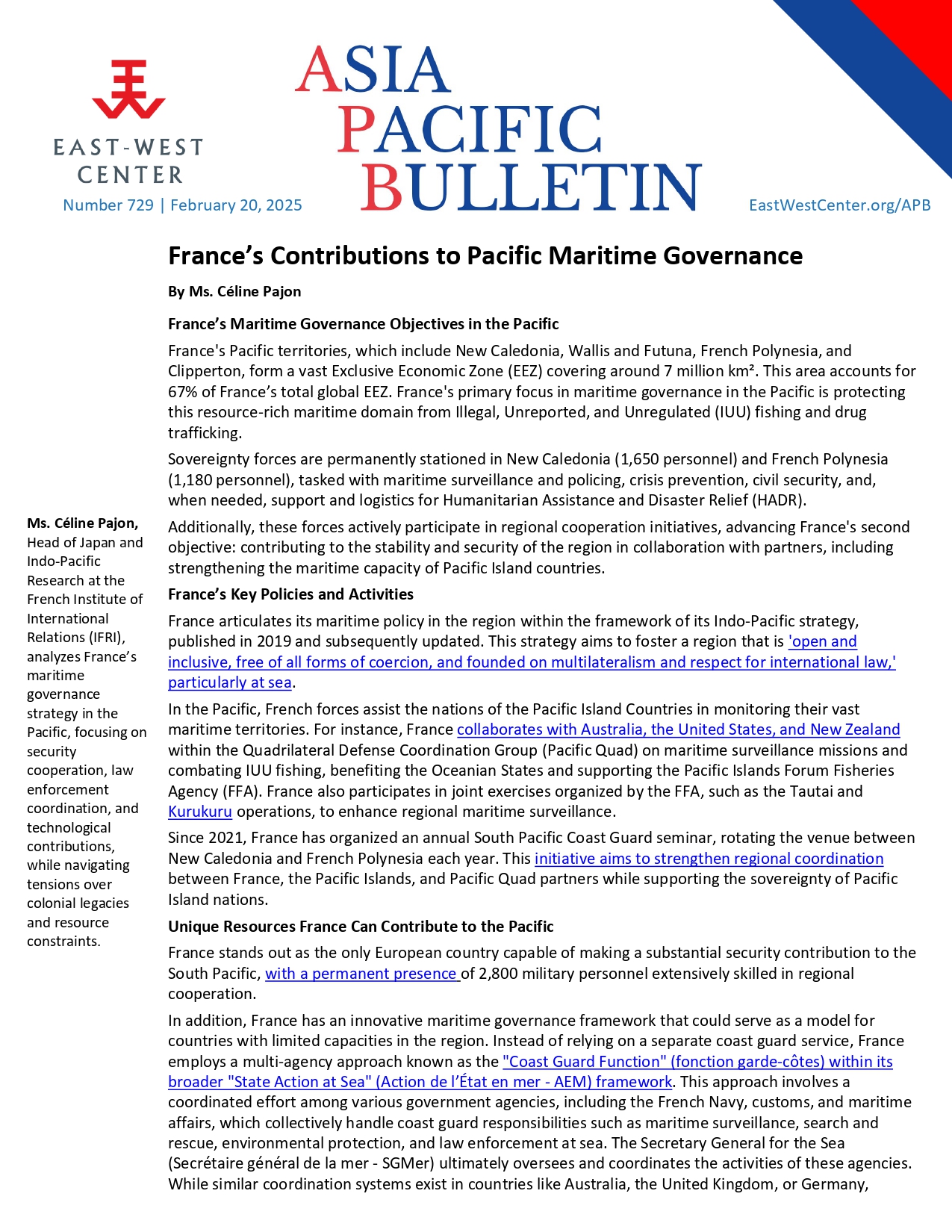Globalization of Japanese firms: Long-run Trends, Cross-sectional Variations, and Policy Implications

Japanese firms are increasingly involved in various global business operations - not only in traditional international trade in goods, but also in offshore production and the new mode of globalization: offshore outsourcing.
While it had been persistently low, the share of international trade in the Japanese national economy began to rise at the start of the 21st century. Cross-border relocations of production are likely to be at least partly related to shrinking trade surplus.
Japanese manufacturing firms produce more and more of their outputs abroad. The production networks of Japanese multinational firms are deeply integrated with intra-region international trade in East Asia.
Cross-border outsourcing between firms without ownership relations is of increasing importance in international trade, though only a limited number of productive large firms are actively offshoring. The range of offshorable tasks has been expanded from production of intermediates to wider varieties of service functions through the development of information technologies, but our firm-level analyses suggest that complex tasks such as R&D remain largely outsourced within the same country. The role of innovation in Japanese competitiveness should be emphasized in this context.

Available in:
Regions and themes
ISBN / ISSN
Share
Download the full analysis
This page contains only a summary of our work. If you would like to have access to all the information from our research on the subject, you can download the full version in PDF format.
Globalization of Japanese firms: Long-run Trends, Cross-sectional Variations, and Policy Implications
Related centers and programs
Discover our other research centers and programsFind out more
Discover all our analysesJammu and Kashmir in the Aftermath of August 2019
The abrogation of Article 370, which granted special status to the state of Jammu and Kashmir (J&K), has been on the agenda of the Bharatiya Janata Party (BJP) for many decades.

France’s Contributions to Pacific Maritime Governance
France stands out as the only European country capable of making a substantial security contribution to the South Pacific, with a permanent presence of 2,800 military personnel extensively skilled in regional cooperation.
Unlocking India’s Energy Transition: Addressing Grid Flexibility Challenges and Solutions
India is rapidly scaling up its renewable energy (RE) capacity, adding 15–20 GW annually, but the ambitious goal of 500 GW of non-fossil capacity by 2030 is at risk unless the pace accelerates.

The China-Russia Partnership and the Ukraine War: Aligned but not allied
China and Russia maintain a strategic partnership rooted in shared opposition to the U.S. and liberal democracies, but their relationship is shaped more by pragmatism than trust.








